How to Choose the Right Dental Equipment for Your Practice
Choosing the right dental equipment for your practice is crucial not only for providing high-quality care but also for ensuring operational efficiency and patient satisfaction. According to a report by the American Dental Association, nearly 77% of patients consider the quality of dental equipment to be a significant factor in their overall experience at a dental office. Furthermore, investing in state-of-the-art dental equipment can lead to increased productivity, as practices that utilize advanced technology report an average of 20% higher efficiency in their operations. With the dental equipment market expected to grow at a compound annual growth rate (CAGR) of 6.3% from 2021 to 2028, it is essential for dental professionals to make informed decisions when selecting the tools that will shape their practice's future. Therefore, understanding the key factors in choosing dental equipment is vital for any practice aiming to thrive in today’s competitive landscape.
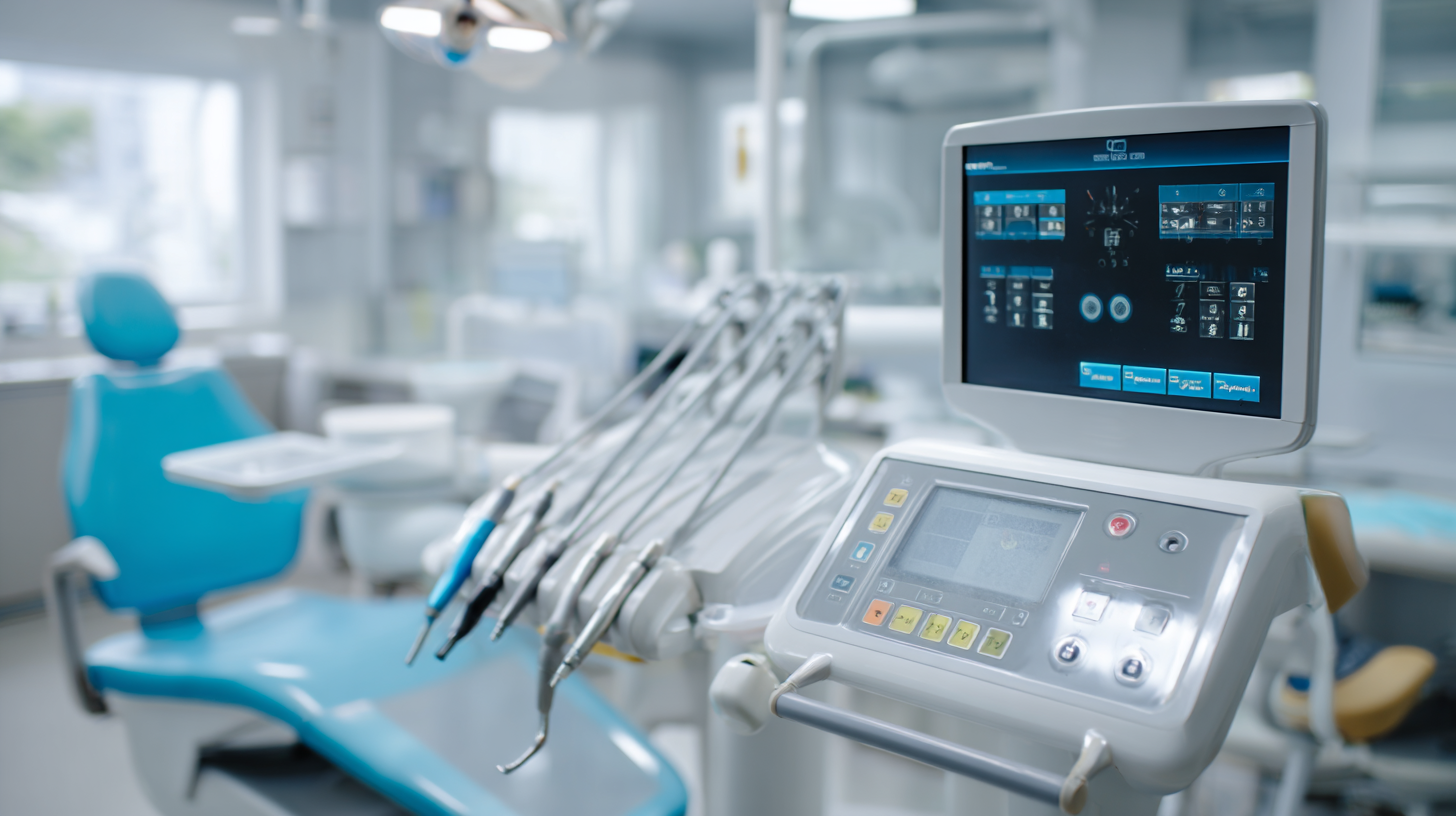
Understanding Your Practice's Unique Needs and Goals
Choosing the right dental equipment for your practice demands a keen understanding of your unique needs and goals. As dental practices evolve, the importance of tailoring equipment selection to specific services becomes paramount. For instance, with the projected growth of the healthcare market—expected to reach $57.647 billion by 2033—modern dental practices must invest in advanced technology that aligns with patient demand and operational efficiency.
To achieve this, practitioners should consider both clinical and aesthetic factors in their equipment choices. A comprehensive approach to dental care not only focuses on functional aspects but also emphasizes the role of dental aesthetics in patient satisfaction. As noted, the growing awareness surrounding oral hygiene and aesthetics among patients indicates a shift towards practices that offer comprehensive aesthetic services. By assessing the demographic needs of their patient base and integrating state-of-the-art equipment, dental practices can not only enhance treatment outcomes but also improve overall patient experience. Engaging with evolving technologies, such as telehealth solutions and AI-driven diagnostics, can further cater to the modern patient’s expectations, ultimately propelling practice success.
How to Choose the Right Dental Equipment for Your Practice - Understanding Your Practice's Unique Needs and Goals
| Equipment Type | Considerations | Budget Range | Recommended Features |
|---|---|---|---|
| Dental Chair | Comfort, Adjustability | $1,200 - $10,000 | Ergonomic design, Electric controls |
| X-Ray Machine | Safety, Image Quality | $5,000 - $30,000 | Digital capabilities, Low radiation |
| Dental Handpieces | Noise Level, Weight | $300 - $1,500 | High speed & low-speed functions, Light weight |
| Sterilization Equipment | Capacity, Time Efficiency | $1,000 - $25,000 | Fast cycles, User-friendly controls |
| Intraoral Cameras | Image Quality, Ease of Use | $1,000 - $5,000 | HD quality, Wireless options |
Evaluating Essential Dental Equipment Features and Specifications
When selecting dental equipment for your practice, understanding the
essential features and specifications is paramount.
According to a report by the American Dental Association, 75% of dental professionals believe that the
efficiency of their instruments directly impacts patient satisfaction.
Key attributes to consider include the equipment's
speed,
durability, and
ease of use.
For instance, modern dental chairs now come equipped with features like
powered adjustments and
integrated lighting,
which can enhance both the clinician's workflow and the patient’s comfort.
Moreover, a study from the Journal of Dentistry highlighted that investing in
high-quality imaging tools, such as digital radiography systems, not only improves diagnostic capabilities but also reduces the amount of radiation exposure by up to
70%. This can significantly enhance the
safety profile of your practice while ensuring that you are providing top-notch care.
It’s essential to evaluate the warranty and service options associated with dental equipment, as reliable support can minimize
downtime and maintain operational efficiency. By prioritizing these features,
dental professionals can make informed decisions that bolster their practice’s success.
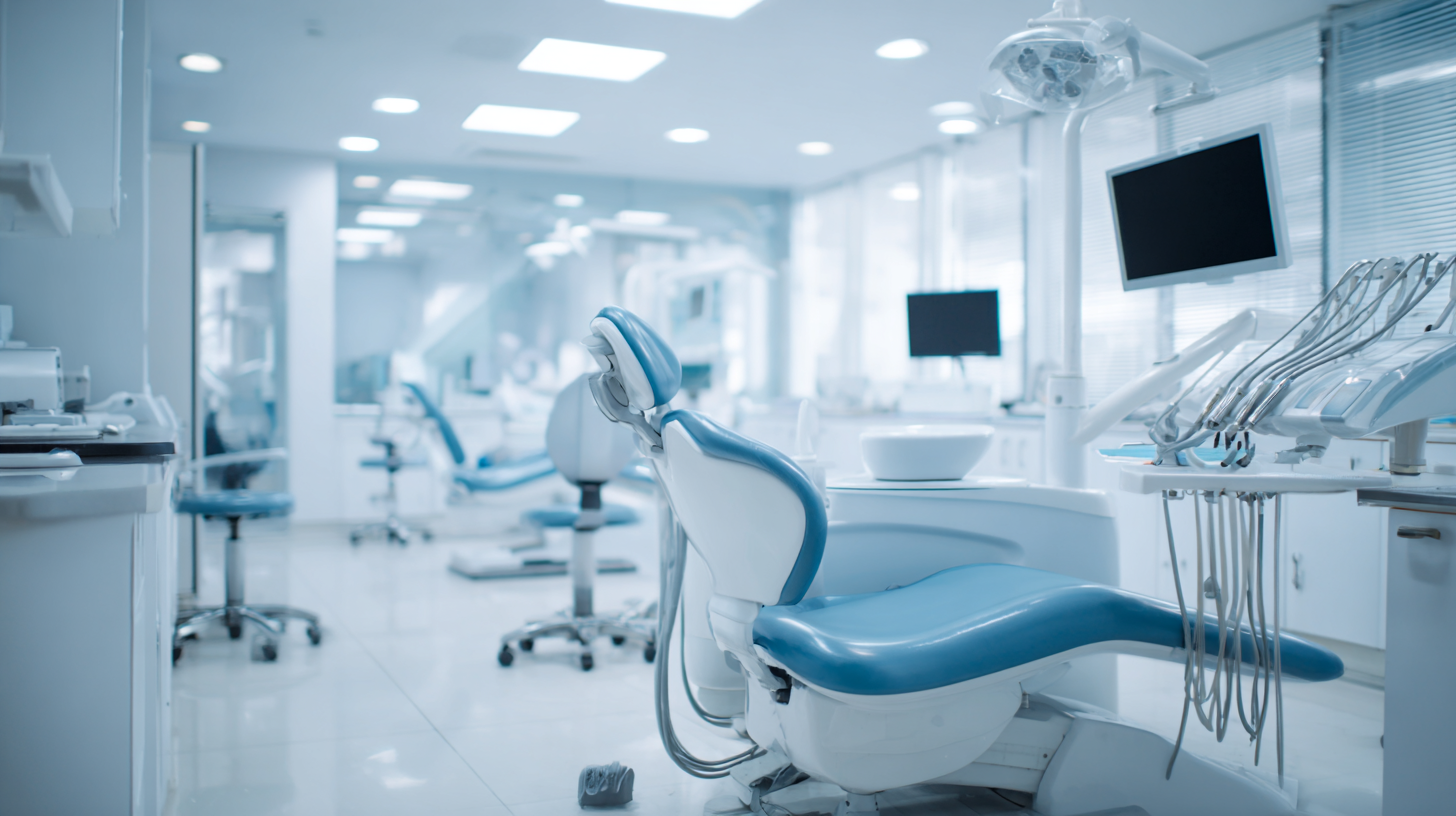
Comparing Costs and Budgeting for Dental Equipment Purchases
When selecting dental equipment, budgeting is a crucial consideration that can significantly impact the financial health of a practice. According to a report by the American Dental Association, dental equipment costs can vary widely, ranging from $3,000 for basic tools to over $100,000 for advanced imaging systems. This disparity highlights the necessity of conducting thorough research to align equipment choices with both clinical needs and financial realities.
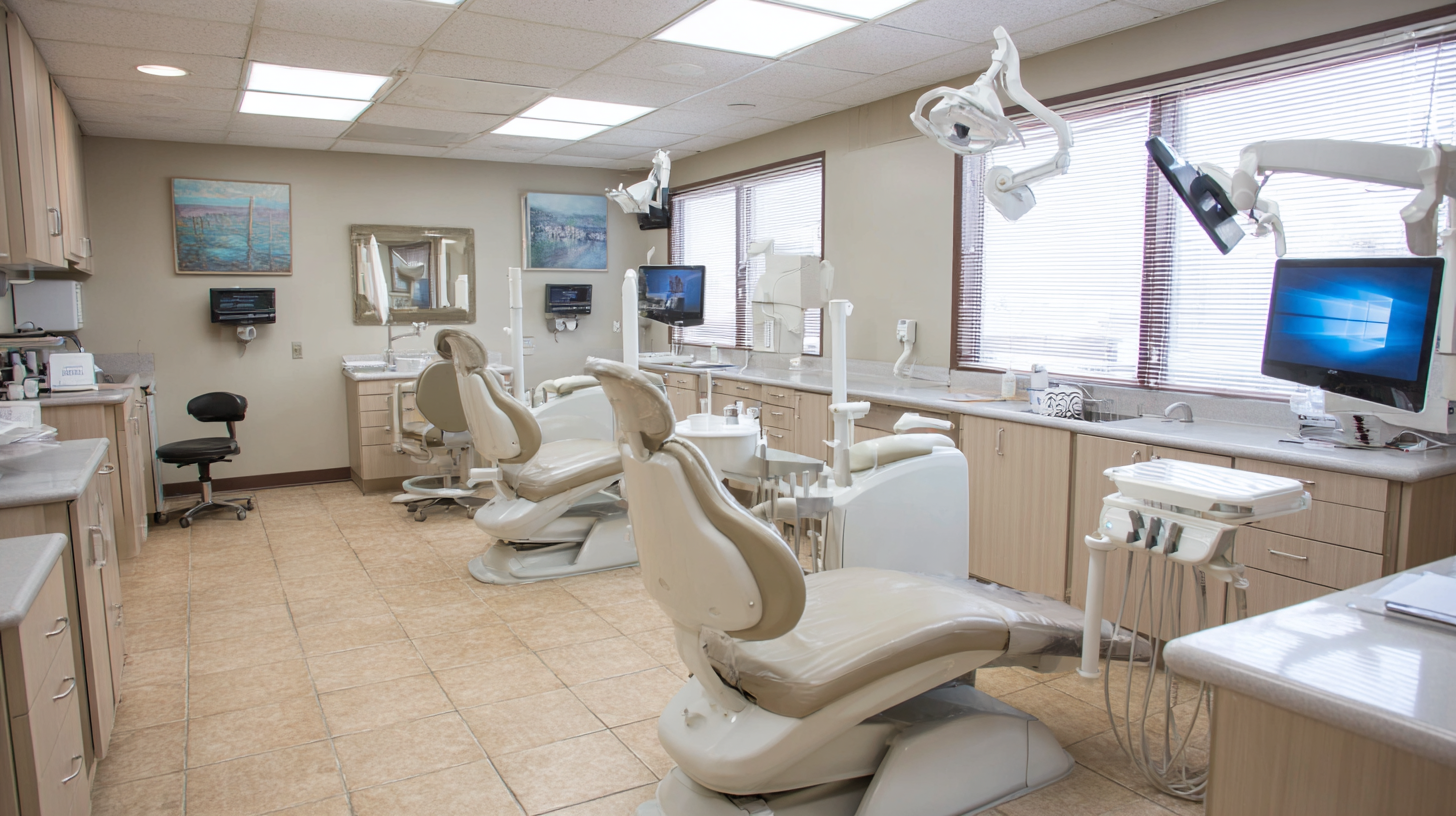
Moreover, dental practices should consider not only the upfront costs but also the long-term expenses associated with maintenance, warranties, and the potential need for upgrades. A survey conducted by the Dental Equipment Manufacturers Association indicated that nearly 60% of practices underestimated these ongoing costs when budgeting for new equipment. To avoid unexpected financial strain, practices should implement a detailed budgeting plan that incorporates these factors and allows for flexibility as technology and patient needs evolve. By maintaining a balanced approach, dental practices can make informed decisions that enhance patient care without compromising their financial stability.
Researching and Selecting Reliable Dental Equipment Suppliers
When selecting dental equipment for your practice, partnering with reliable suppliers is paramount. According to a report by the American Dental Association (ADA), nearly 48% of dental practices that fail to research their suppliers experience operational disruptions within the first year. This statistic highlights the importance of due diligence in choosing the right vendors. Look for suppliers who not only offer high-quality products but also have a reputation for excellent customer service and support. Engaging with peers in the dental community can provide insights into trustworthy suppliers.
Furthermore, consider certifications and customer reviews when evaluating potential suppliers. A study from the Dental Equipment Manufacturers Association (DEMA) revealed that 65% of practices prioritize suppliers with certifications like ISO 13485, which indicates adherence to quality management standards. Suppliers who are transparent about their product sources and manufacturing processes can also provide peace of mind when investing in essential dental equipment. By conducting thorough research and selecting established suppliers, dental practices can enhance their operational efficiency and ensure they are equipped with the best tools for patient care.
Staying Updated on Technological Advancements in Dentistry
Staying updated on technological advancements in dentistry is crucial for any dental practice aiming to provide the best care possible. The field of dentistry is continuously evolving, with new equipment and techniques emerging to enhance patient experiences and improve treatment outcomes. Regularly attending dental conferences, workshops, and online webinars can help practitioners learn about the latest innovations, from digital radiography to advanced laser treatments. These educational opportunities not only showcase the newest tools but also offer insights into integrating them efficiently into everyday practice.
Moreover, connecting with manufacturers and dental suppliers can be another effective way to stay informed. They often provide updates on cutting-edge technologies and offer demonstrations that allow practitioners to evaluate equipment firsthand. Engaging in online forums and professional networks can also foster discussions about the strengths and weaknesses of various equipment options based on real-world experiences. By remaining proactive in seeking out and adopting technological advancements, dental professionals can significantly enhance their practice, leading to improved patient satisfaction and streamlined operations.
Related Posts
-
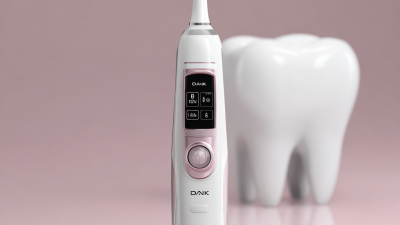
What Makes the Best Intraoral Scanner a Game Changer in Modern Dentistry?
-
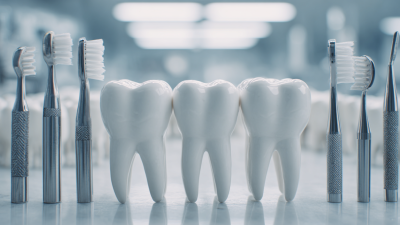
7 Essential Tips for Sourcing the Best Dental Products Globally
-

Exploring the Unique Features and Applications of Various Teeth Whitening Powders
-

10 Essential Tips for Achieving the Best Oral Care Worldwide
-
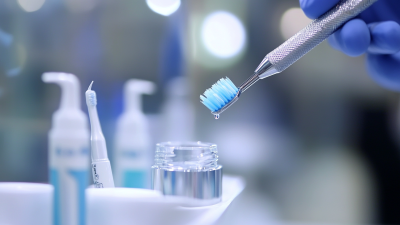
Top 10 Manufacturers of Dental Cleaning Products in China at the 137th Canton Fair
-
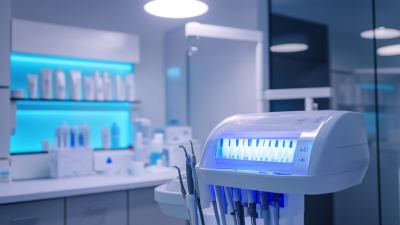
The Evolution of Teeth Whitening Machines in a Global Market
